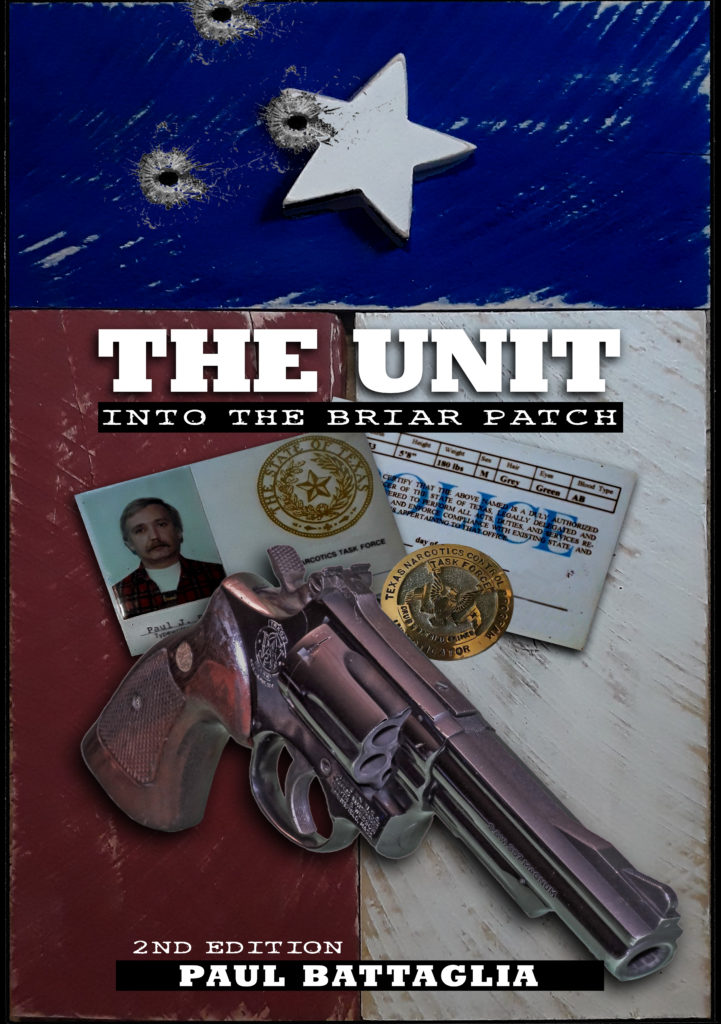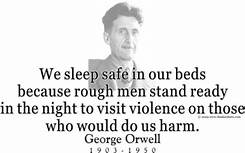
Awareness isn’t complete without an accurate appreciation of events, coupled with an effective response.
Sheriff Jim Wilson is a regular contributor of articles involving guns, tactics, and legal issues. He is down to earth and offers advice for the “everyman.” Guns and confrontations are his bread and butter. But, he is not part of the, “Kill them all and let God sort them out,” school. Here he discusses “situational awareness.”
https://dailycaller.com/2020/03/19/the-importance-of-situational-awareness/
I would say he is right on, but… When I taught “Officer Survival” back in the late 70’s, I coined the phrase, “Options Management.” Same, same. A distinction without a difference, you say. Not quite.
Options Management means situational awareness, plus an accurate assessment of the situation, one’s capabilities, resources available and the potential outcomes.
Think of a balance scale. Situational awareness allows the good guy to perceive the adverse potential of a situation. Options management allows the the good guy to formulate a plan that shifts the odds in his favor. Or, if the odds are against, then avoid the confrontation. For a civilian this could mean walking away. For a cop, it could be hunkering down and waiting for back up. It could entail making the aggressor act, while at a disadvantage or cause the bad guy to abandon the attempt.
I pointed out to my students that we know how many police officers are killed or injured conducting traffic stops each year. What is unknowable is how many police officers survived, without a confrontation. How many bad guys thought, upon seeing the way a cop handled himself, said, “Not this guy, not here, not today?”
I don’t know how many crime reports I took from victims where they had an inkling that something wasn’t right, but ignored it. They explained that they didn’t want to offend, or seem prejudiced, or be a crybaby. That reluctance insured that they would become a victim instead. These people had situational awareness. What they didn’t have was an accurate assessment of the situation, or a plan.
I used to take a poll of the class, (police officers all). I asked, “how many times have you had an armed confrontation, where you were justified in shooting the suspect, but didn’t? Why not?”
Most of the students would be able to identify at least one situation. Invariably the answer, for not shooting, was: “There was something else I could try.”
My experience mirrored theirs. Without much effort, I calculated my number at over ten.
Time for a war story. Do you know the difference between a fairy tale and a war story? A fairy tale begins with, “Once upon a time…” A war story beings with, “This is no shit…”
This is no shit! I was working dog watch patrol (11 pm to 7 am). I swung through a City park, at around 2 am. The parks closed at midnight. I spotted two choppers parked in a picnic area with two people sleeping. I lit them with the spotlight and got no reaction. I approached them staying outside the spotlight beam. No reaction. I made it up to the sleeping forms and observed two wannabe outlaw biker types. No colors, but all of the other accouterments. I made a circuit inspecting them from all angles. I didn’t see any visible weapons.
I identified myself in a loud voice. I was still in the dark, with no flashlight showing. Two things happened. One guy looked up and then over into the spotlight beam. Bye Bye night vision. The second thing is that I spotted what turned out to be the butt of a Ruger .44 magnum pistol stuffed in a boot.
I drew my pistol, a S&W model 66. I started yelling the traditional, “Police, Freeze, don’t move, Freeze.” The other guy kept his eyes shut and made a show of slowly waking up. All the time his right hand was groping around and heading towards that .44. I kept shouting and he kept groping.
As he got closer to the pistol, I started to edge the trigger. A S&W revolver, in double action, has three three clicks as the hammer travels back . If it is quiet you can hear the first two. You can feel all three. With the first two clicks the shooter can ease off the trigger and the gun won’t fire. If the shooter feels the third click, well, it’s fixing to get really loud. Nothing is going to stop that gun from going off.
Two clicks in I changed my commands, “Sir would very much mind not touching that pistol? I find it offensive.” Or something like that. I might have used language more familiar to bikers. He pulled his hand away and did as he was told. Back up arrived and we put the Habeas Grab Ass on them.
I learned that specificity in language can be your friend. “Police, Don’t move, Freeze,” all cops say that. “Touch that gun and I’m going to kill you,” is specific to the situation. In this case it signaled the biker that his advantage, wasn’t.
There is a PS, or more accurately a prologue to the story. Ten hours earlier I had just completed a firearms instructor course. During the week long course, I probably fired six or seven hundred rounds. During the last course of fire I had a misfire. The range officer/armorer took my gun and discovered that the set screw, that governed the spring tension for the hammer, (the thingy that makes revolvers go bang) had backed off. A quick twist of a screwdriver and everything was fixed.
I would like to say that my approach, tactics and communication skills prevented a shooting. Actually, it was the screwdriver.
Thirty years in law enforcement has shown me that a variety of factors both tangible and intangible can influence the outcome of an event. Maybe it is ego talking, but I would prefer to take an active role in determining the outcome. I’ll take a lucky break, but I’m not going to rely on one.
